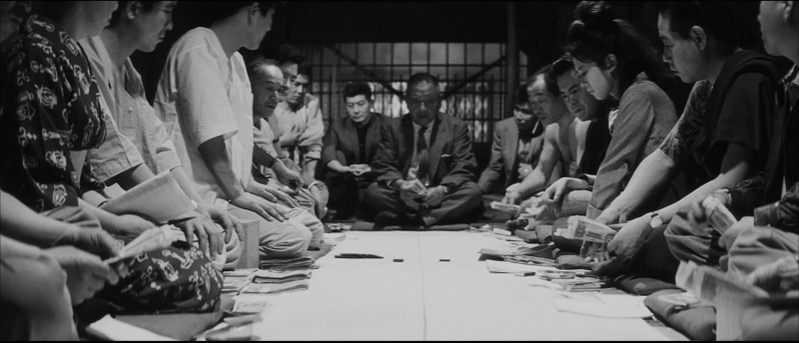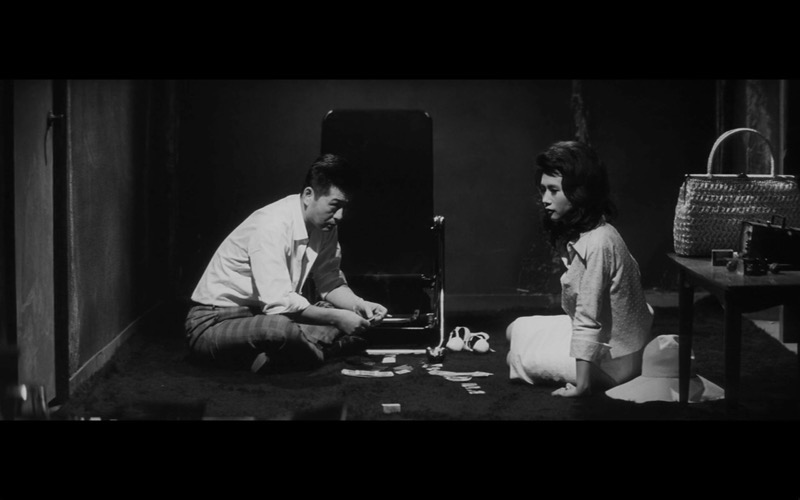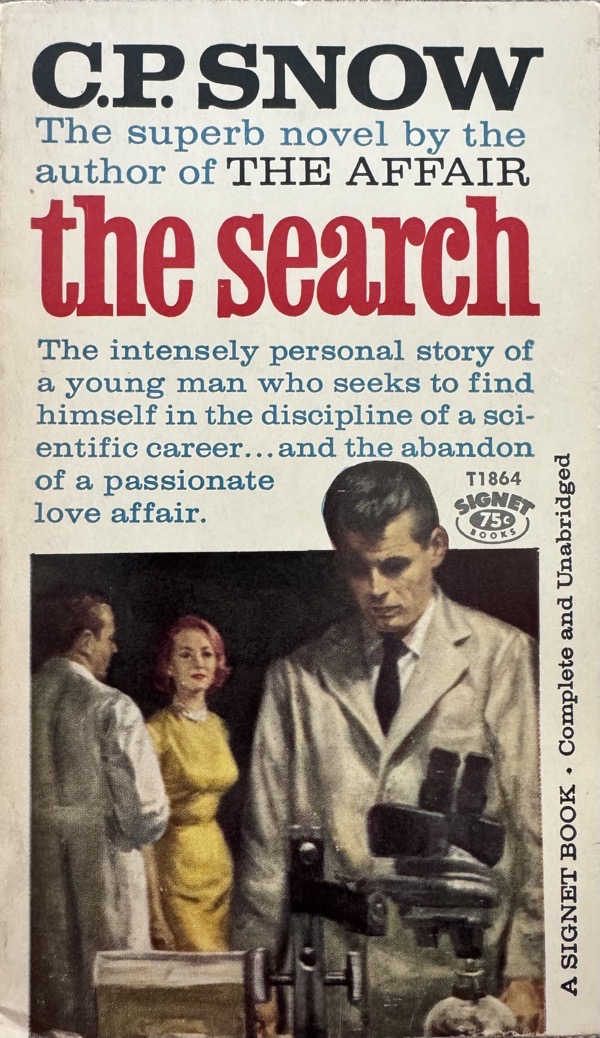There are two Ways, and a third practice that is not a Way:
- Action
- Contemplation
- Consumption
A practice is a Way if it has a goal, a telos, such as growth in virtue or grace or skill, the love of God, the love of one’s neighbor.
All of the arts depend on a fusion of Contemplation and Action: one prepares oneself, through training and reflection and perhaps even prayer, before acting. (Even in flower arranging contemplation rightly precedes action.)
The most important works of art — the ones most necessary for our flourishing — fuse contemplation and action in order to encourage either contemplation or action. (Cf. Terrence Malick’s comments about seeing certain movies and feeling “strengthened” — ready to be a better person.)
Minor works of art promote neither contemplation nor action, but rather are consumed — consumed completely: nothing is left over, not even a residue. They disappear like cotton candy in the mouth.
The consumption of art is often a good thing, as is art made to be consumed. Everyone needs a period of mental and emotional rest, a hiatus from busyness — and even, sometimes, a hiatus from contemplation and action.
But when one only consumes one is never fortified for a Way. One is never prepared, “strengthened,” for anything.
As tuberculosis consumes the body — that’s why it used to be called “consumption” — so also the soul may be eaten up by unbroken exposure to consumptive media. Eventually and, as Gibbon would say, insensibly one may become indifferent to the need for a Way and even hostile to the very notion.
Art that promotes action or contemplation is not the province of high art alone; popular art is not inevitably (perhaps not even typically) meant only for consumption.
The need to consume is one we share with other living things, all of whom must (by one means or another) consume in order to live. This is not intrisically ignoble!
Evidence: the way that Tom Bombadil and Goldberry in The Lord of the Rings eat — which is, not incidentally, virtually identical to the way that Beorn in The Hobbit eats — is healthy and reverent consumption. They cook almost nothing but rather tend and gather. Tom:
I see yellow cream and honeycomb, and white bread, and butter; milk, cheese, and green herbs and ripe berries gathered.
In Beorn’s house people also eat “butter and honey and clotted cream.”Some of these (herbs, berries, milk) are eaten in their raw state, others (cheese, butter) by the encouraging of natural processes. After all, in the right circumstances cheese makes itself. The use of bread is the outlier, since it has to be assembled from ingredients processed to a degree: grain must be milled into flour, and then baked.
Tom and Goldberry and Beorn gratefully receive; it is the Elves who make, who are the great artists and craftspeople of Middle Earth:
The Elves next unwrapped and gave to each of the Company the clothes they had brought. For each they had provided a hood and cloak, made according to his size, of the light but warm silken stuff that the Galadhrim wove. It was hard to say of what colour they were: grey with the hue of twilight under the trees they seemed to be; and yet if they were moved, or set in another light, they were green as shadowed leaves, or brown as fallow fields by night, dusk-silver as water under the stars. Each cloak was fastened about the neck with a brooch like a green leaf veined with silver.
’Are these magic cloaks?’ asked Pippin, looking at them with wonder.
’I do not know what you mean by that, answered the leader of the Elves. ‘They are fair garments, and the web is good, for it was made in this land. They are Elvish robes certainly, if that is what you mean. Leaf and branch, water and stone: they have the hue and beauty of all these things under the twilight of Lórien that we love; for we put the thought of all that we love into all that we make. Yet they are garments, not armour, and they will not turn shaft or blade. But they should serve you well: they are light to wear, and warm enough or cool enough at need. And you will find them a great aid in keeping out of the sight of unfriendly eyes, whether you walk among the stones or the trees. You are indeed high in the favour of the Lady! For she herself and her maidens wove this stuff; and never before have we clad strangers in the garb of our own people.’
And of course Fëanor, the great craftsman and maker of the Silmarils, is perhaps the central figure in The Silmarillion.
Here we might invoke the great passage from The Winter’s Tale IV.4:
PERDITA Sir, the year growing ancient,
Not yet on summer’s death nor on the birth
Of trembling winter, the fairest flowers o’ th’ season
Are our carnations and streaked gillyvors,
Which some call nature’s bastards. Of that kind
Our rustic garden’s barren, and I care not
To get slips of them.POLIXENES Wherefore, gentle maiden,
Do you neglect them?PERDITA For I have heard it said
There is an art which in their piedness shares
With great creating nature.POLIXENES Say there be;
Yet nature is made better by no mean
But nature makes that mean. So, over that art
Which you say adds to nature is an art
That nature makes. You see, sweet maid, we marry
A gentler scion to the wildest stock,
And make conceive a bark of baser kind
By bud of nobler race. This is an art
Which does mend nature, change it rather, but
The art itself is nature.PERDITA So it is.
This is the art of the Elves in Tolkien’s legendarium.
But even those who but receive, like Tom and Goldberry and Beorn, do so intelligently: they know the times and seasons, they know what beasts or environments produce what edibles, they know how to harvest non-destructively. Tom is only able to save the hobbits from Old Man Willow because he is making his final visit of the autumn to a pool where the water-lilies flower late: had the hobbits arrived in the Old Forest any later they would have found no help, because Tom knows everything in the Forest, knows when to seek this or that, when he can harvest this or that. This is what Goldberry means when she says that Tom does not own anything but is Master.
To consume intelligently and appropriately, to know the scope and bounds of consumption, is possible only to one who has Mastery.






